“Logic will get you from A to B. Imagination will take you everywhere.”
—Albert Einstein
Even inside your new unfurnished home virtually, without having done it physically. This is exactly where Bangalore based design startup Furdo positions itself – to show you how your unfurnished house would look like with your chosen décor by employing virtual reality. The application also allows consumers to enable visualisation of changes, select/reject a particular element, and get that exact décor physically what they have envisioned virtually.
Brainchild of Kiran Singh, Arvind Prakash and Ishwar Sundararaman, Furdo came into existence with Kiran’s experiments with VR to sell furniture. Kiran spent two years working and researching the employability of VR to devise a highly credible 3D virtual walkthrough application, which would enable consumers to clearly visualize all the elements of a décor.
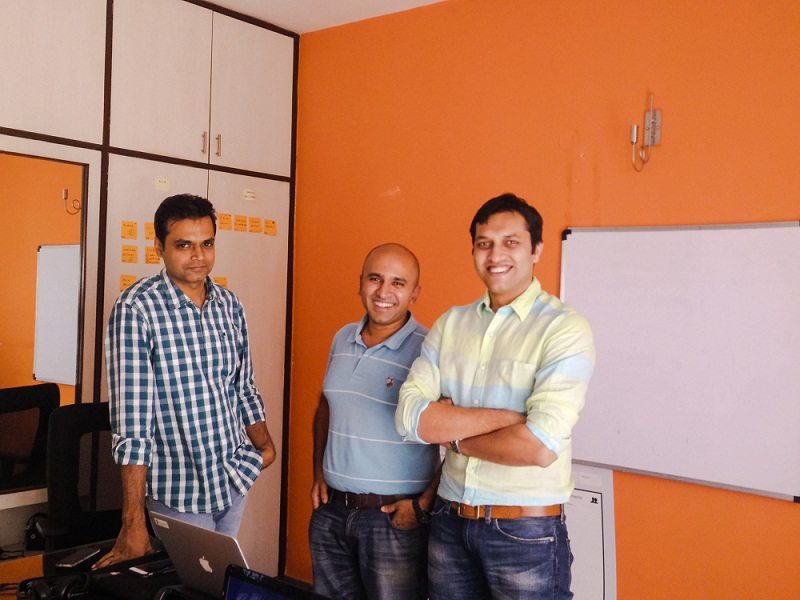
He then roped Arvind Prakash Singh (now COO) and Ishwar Sundararaman (now CEO) as co-founders and thus was born Furdo. The startup calls itself a VR commerce platform, which also curates interior designers, and matchmakes consumers with interior designers, who are closest to their place.
See Virtual, Get Real
For customers looking to avail Furdo’s services, the process is very simple. All they have to do is select a theme from the customised design templates on the site, upload their plan, and fill out minor details. Furdo then creates a 3D virtual walkthrough of how the customer’s home would look like with the chosen design. A customer can choose the design elements he likes and discard the ones he doesn’t. A Furdo-certified designer will come and show him the first cut of the design for free.
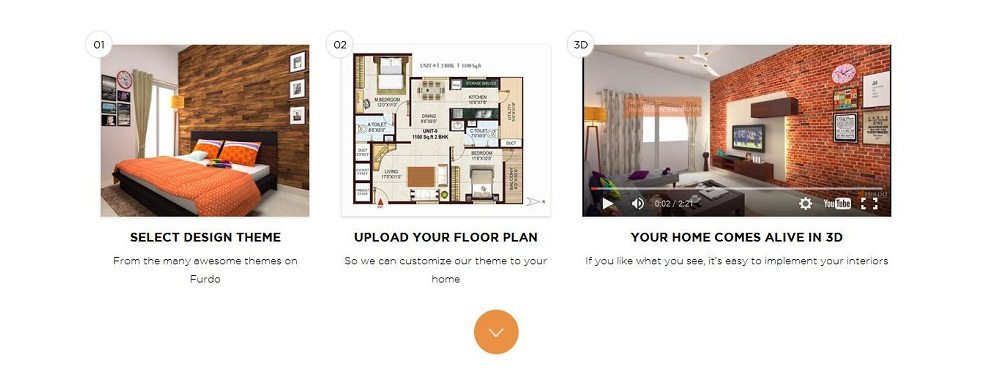
Furdo matchmakes customers with an interior designer who stays near their place. Every designer is carefully chosen by Furdo on the basis of their portfolio, ability, and past experience. They are then provided training and are certified by Furdo. Currently, close to 100 such designers are working with Furdo, some on the customer end and some on creating appealing design content on the site.
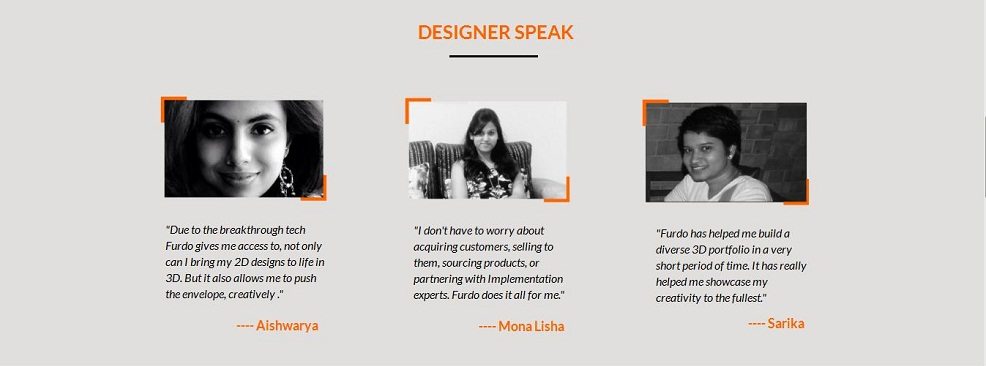
Once the customer has chosen the template, he is given a rough quote. Then he needs to make a 10% upfront payment as advance against implementation of the design. He doesn’t have to bother about anything after that, be it the sourcing of products, or implementation of the design, or payments to vendors, or project management. Furdo provides a support network to take care of all that – to deliver on the promise that the customer gets what he has seen. To make this possible, Furdo has entered into product partnerships with 20 such vendors in different categories like furniture, design, décor, etc. which include Asian Paints, Pepperfry, Squarefoot, etc.
From The First 100 To The First 1000!
Ever since its launch in July last year, Furdo has been providing around100 free homes designs per month, and implementing about 10 homes of paid customers a month, which roughly translates to a GMV of INR 60 lakhs. Through the Freemium strategy, conversions stand at 20-30%. Currently, the company has orders worth INR 50 lakh, and it is hoping to triple that by June, and by the end of the year it aims to decorate 1,000 homes.
Working on service as a model, Furdo monetises through the VR platform by charging a design and implementation fee. It also monetises through the products it sells through the platform and shares revenue with the designers and contractors. Says Ishwar, “We look at ourselves as a VR commerce platform, so we are VR first, and ecommerce later.”
The startup has secured $400K (INR 2.64 Cr.) in an angel round of funding from Bobby Reddy, CEO of Indus Homes Pvt Ltd, a real estate developer. Bobby’s interest was spiked when he saw the potential in Furdo’s VR platform to change the face of interior design and remove the design dilemmas of consumers before they locked their money in an expensive purchase. The startup is also looking to raise a $2 Mn funding round in a month or so, as it ramps up the applications on its VR platform.
The Other Design Merchants
Interior design and home décor is a burgeoning market in India. Players like Livspace, Homespace, Nestopia, and Foyr are some of the startups in this segment. Last year, Bangalore-based home design & decor startup, LivSpace, acquired three startups to further solidify its offerings – YoFloor, a mobile platform that offers a virtual trial for home design decisions; DezignUp, a dynamic design community and marketplace for design professionals; and Dwll.in, a curated online network of interior designers based in Mumbai.
With the YoFloor acquisition, Livspace aims at providing high quality productivity and 3D visualization tools to in-house designers and users. Additionally, LivSpace also raised $8 Mn in an internal round of funding led by its existing investors Helion Ventures, Jungle Ventures & Bessemer Venture Partners.
Similarly, Hyderabad-based Foyr (formerly Rendorlogy) is another startup which employs 3D visualisations and solutions for builders, suppliers and consumers. Foyr also garnered $2.5 Mn in funding last year, pointing to the increasing interest of VCs in VR applications in the home décor and real estate space.
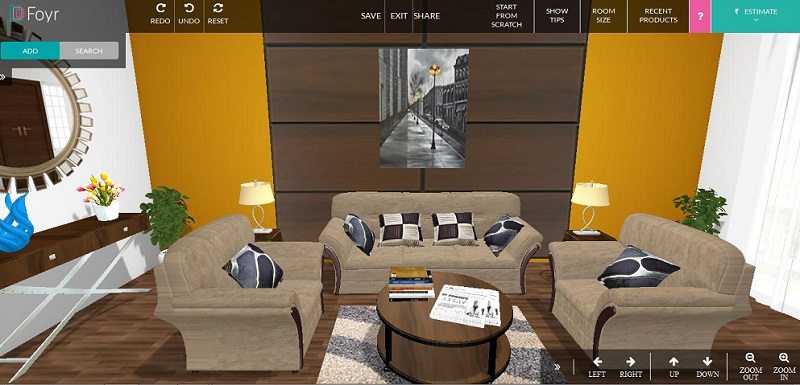
On similar lines, HomeLane had launched its VR-based device called Kaleido, last year. The Google Cardboard-based device helps customers to check out a 3D rendition of kitchen (or any room), with the ability to customize different setups, such as changing colours, appliances, and finishes, thus helping them to make choices.
However, Ishwar feels that among all the players in this segment, Furdo’s VR technology to give the customer a virtual walkthrough in his home is much advanced, compared to its competitors. He says,
“We are building an ecosystem around home design and are focused on applying VR to solve new home problems. For us, it’s not about the SKUs that can be bought. We will play in the new home ecosystem as there is enough market out there. Furniture is a $20 Bn market, real estate is another $100 Bn market. Just as today customers are buying furniture and décor after visualizing them, they will also be able to buy homes after visualizing them with VR. There is a massive potential of VR application and we are just starting.”
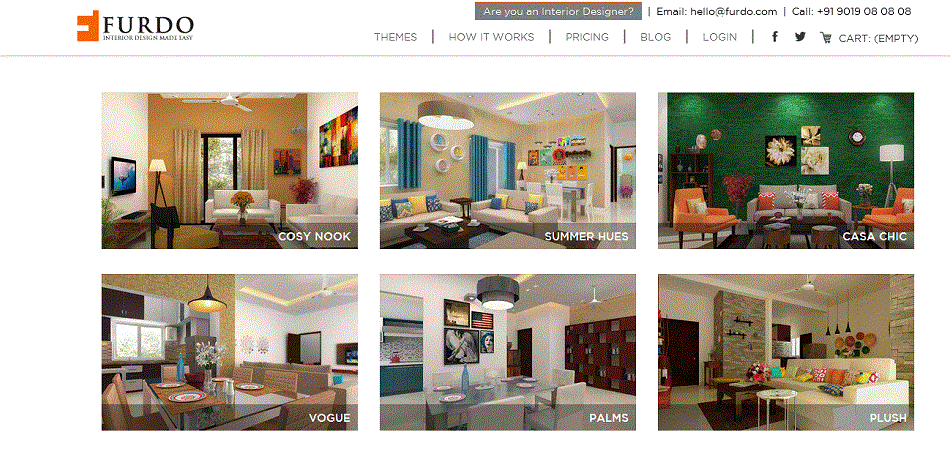
Additionally, Ishwar also feels that Furdo is enabling designers to scale at a much faster rate (almost 10x) as compared to their previous assignments. By empowering them with VR and curating many such talented designers, Furdo further aims to differentiate itself from others on the strength of the quality of its content.
Editor’s note
Furdo is banking on the growing popularity and applicability of 3D and VR to make its mark in the design and real estate space. One look at the global trends and one would know that VR is being increasingly employed in the real estate sector worldwide to enable consumers visualize even unbuilt homes or overseas projects that are inaccessible to them. For instance, in US, interior construction companies are using Oculus Rift headsets to show clients exactly what their banks, office buildings, and other projects would look like, before construction has even commenced. From students looking for colleges, to foreign buyers who don’t want to fly into a city to check out a property, VR is changing how people explore everything, from luxury apartments to universities.
No wonder, VR will be a big thing in India as more and more startups explore VR application in design and construction. In that direction, Ishwar is not very far off from the point where he claims that Furdo will also explore selling real estate through its platform. The only concern will be the increasing competition from rivals, as VR becomes more popular in India. Augmenting its technology on a regular basis, to introduce newer features, will be a differentiating factor for Furdo. After all, as they say, the future belongs to those who can imagine it!




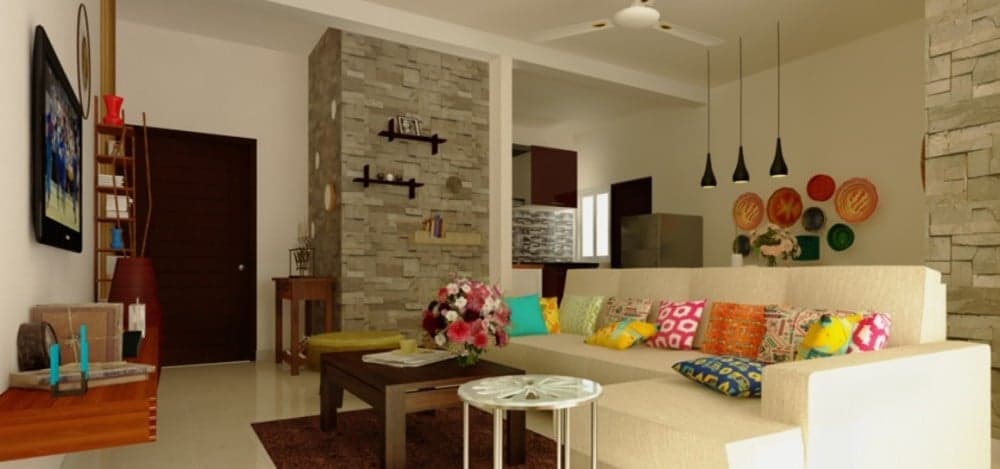




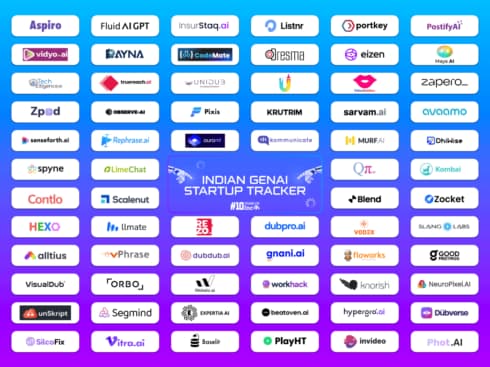

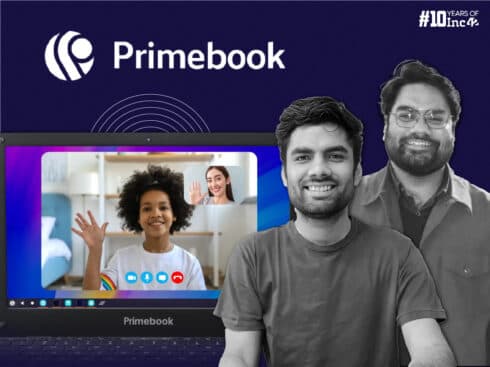




















 Ad-lite browsing experience
Ad-lite browsing experience